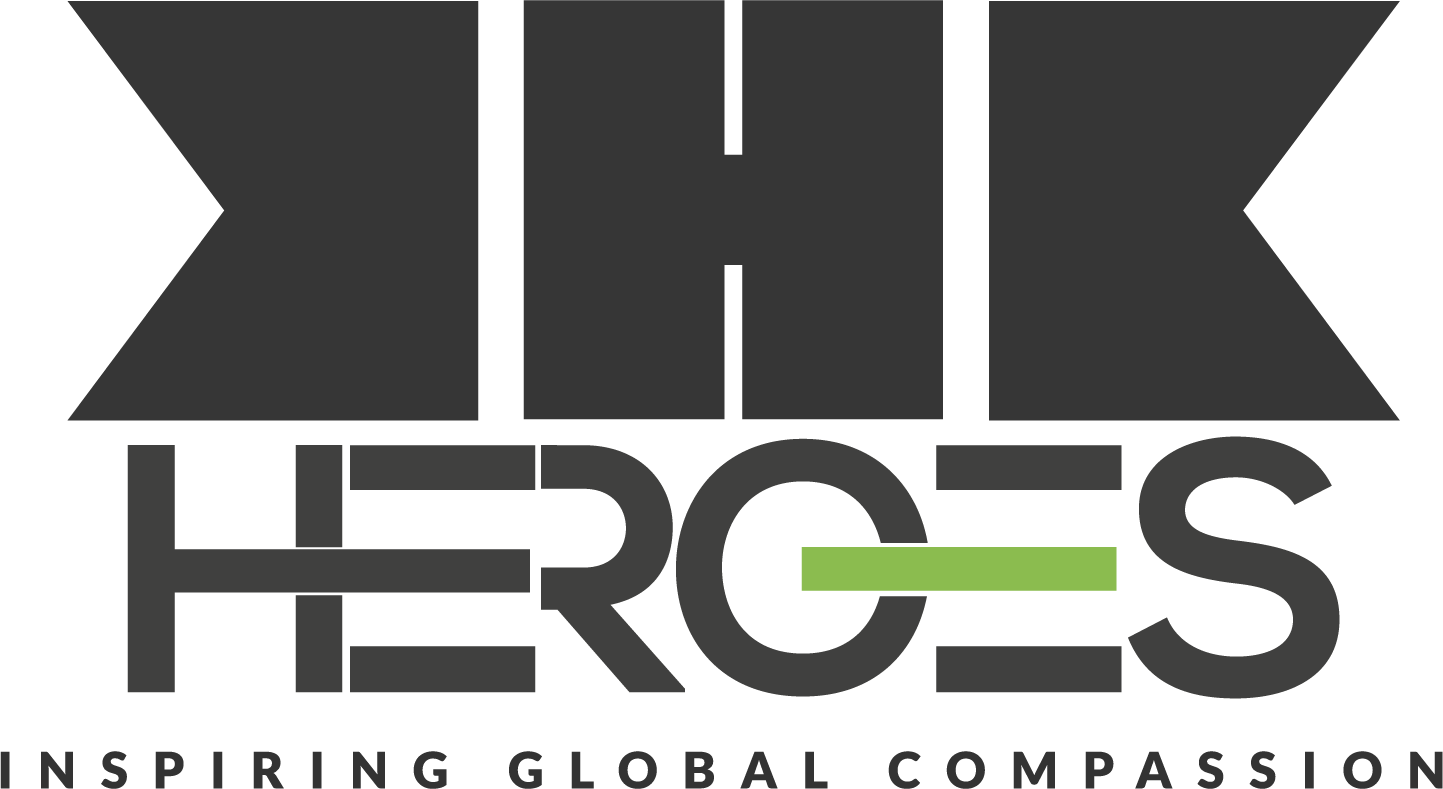Data Science Orientation, Query Relational Data, Analyze and Visualize Data (2 training options available), Understand StatisticsThis course focuses on the key mathematical concepts that you’ll encounter in studies of machine learning. It is designed to fill the gaps for students who missed these key concepts as part of their formal education, or who need to refresh their memories after a long break from studying math.
Data Science Orientation, Query Relational Data, Analyze and Visualize Data (2 training options available), Understand StatisticsIn this course, you’ll learn to apply ethical and legal frameworks to initiatives in the data profession. You’ll explore practical approaches to data and analytics problems posed by work in Big Data, Data Science, and AI. You’ll also investigate applied data methods for ethical and legal work in Analytics and AI.
Option 1: Natural Language Processing (NLP)
In this course, you will be given a thorough overview of Natural Language Processing and how to use classic machine learning methods.
Option 2: Speech Recognition Systems
Learn about the pieces of a modern automatic speech recognition (ASR) system as we cover fundamental acoustic and linguistic theory, data preparation, language modeling, acoustic modeling, and decoding.
Option 3: Computer Vision and Image Analysis
A deep dive into Computer Vision, Image Analysis and Semantic Segmentation using the Microsoft Cognitive Toolkit.
Validate the skills and knowledge you’ve acquired during the Microsoft Professional Program for Artificial Intelligence, and solve a real-world AI problem in this program capstone project. The project takes the form of a challenge in which you will develop a deep learning solution that is tested and scored to determine your grade.








